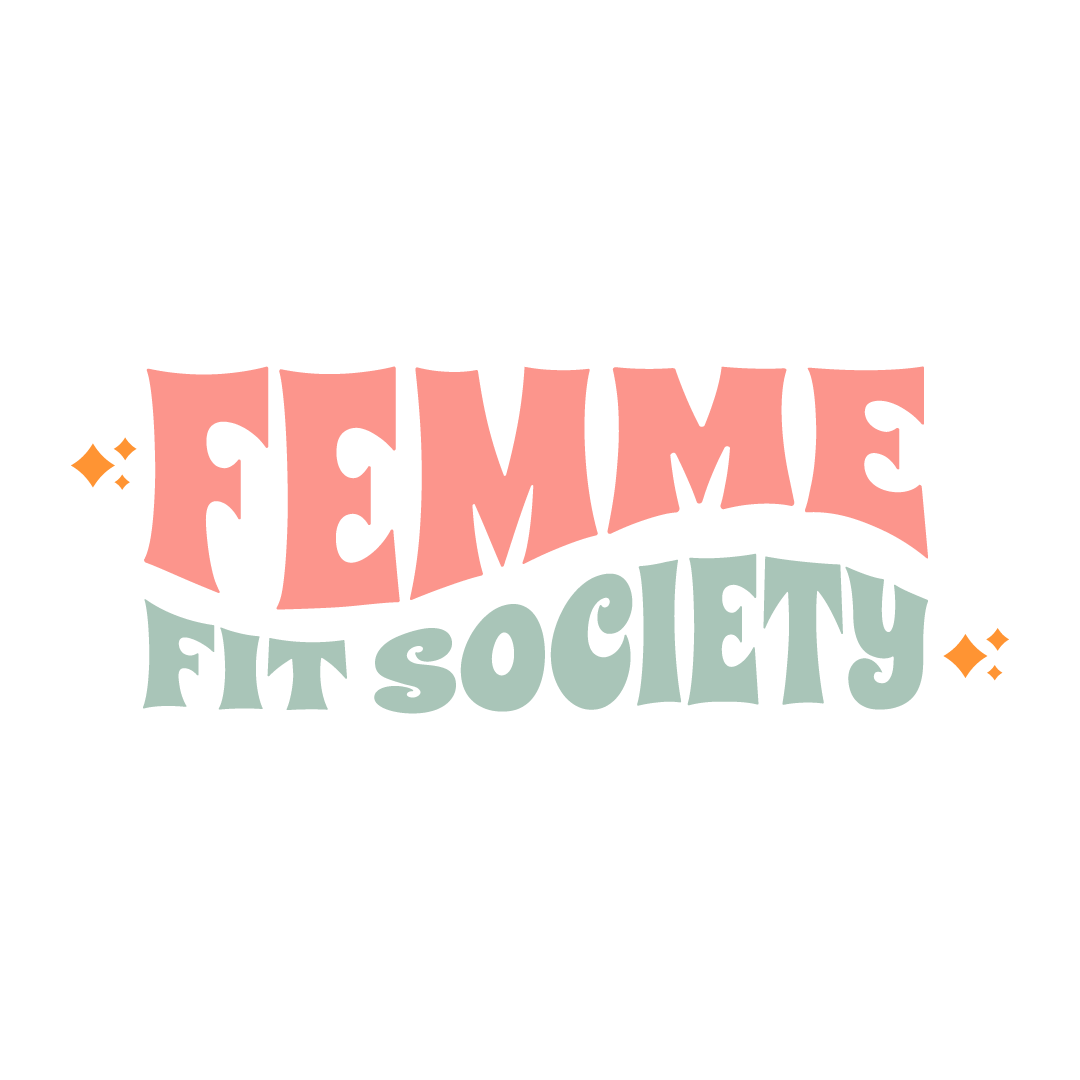The Double Standard of Attitude vs. Passion in Sports
Photo courtesy of Ava Kitzi Photography
While women’s sports have taken major strides with more sports being televised, more opportunities being offered for women, and bigger stages being set for women who are excelling at their sport, there are still MANY growing pains as we get closer to reaching equality within sport.
One of the many disparities between men’s and women’s sports is the attitude of male athletes versus female athletes, and how the public perceives similar situations with athletes based on their gender.
While a male athlete might be seen as “passionate” for arguing with a referee or judge, or having an emotional reaction to something happening in sport, it’s unfortunately still common to see women who are having the same reaction that are publicly condemned for having “attitude” or being too emotional and referred to as “not being a good role model for young girls” for sharing their true, honest feelings in moments of passion.
One prime example of this comes in the sport of CrossFit. Danielle Brandon, 5x CrossFit Games athlete, has created a huge following by being authentically herself and refusing to shy away from addressing things she thinks are unfair within the sport (DBE: Danielle Brandon Energy). She has also experienced a lot of backlash from the public for being passionate in the heat of the moment in competition.
Danielle faced criticism for the Skill Speed Medley (Event 3 at the 2022 CrossFit Games) during the introduction of double under crossovers in the sport. She can be seen getting frustrated with the movement, rolling her eyes, dropping a few F bombs, and having an emotional reaction to the challenge presented to her in the heat of the moment in competition. This is a completely normal part of competition: she is passionate and competes at the highest level of the sport. Yet she faced backlash for this from the public in the form of negative comments for her “bad attitude”.
Flash forward to 2024: CrossFit posts a video collaborating with Josh Bridges. In the video, Josh can be seen taking on 24.2 and after flubbing a double-under, throwing his rope in frustration. The caption from CrossFit reads, “Been there”. This post was met with generally positive comments about Josh’s passion and relatability for something that Danielle was criticized for by the same audience.
Danielle shared the post on her story, with a message that read: “I love this I love Josh… I love all the support I get for being my fiery self but I can’t help when CrossFit posts me doing this stuff or when I do… I don’t get nearly the same reaction and that’s annoying asf”.
Why does a male athlete get celebrated by the sport for having moments of passion, while a female athlete faces criticism and negativity for the same thing?
Similar scenario, different sport: Angel Reese, a Louisiana State University basketball player, faced criticism in 2023 when she made a “you can’t see me” hand gesture to another player on the opposing team. The media let this almost overshadow their win in the headlines, and critics called her “classless” and “ghetto”. Luckily, many other female athletes stood up to defend Reese, including Caitlin Clark whom the gesture was directed at.
Flash forward to 2024: after defeating Duke the UNC Men’s Basketball team taunted Cameron Crazies fans after their rivalry win. The entire team. Player’s responses to this were:
Harrison Ingram: “We were talking crazy, it was fun.”
Connor Cormac: “That’s just who I am, I can’t control it.”
These male players are unapologetic about the passion they experience in the heat of the moment. Yet, if a female team were to react in that way, what would the media decide to say about them? One simple hand gesture outshadowed a win for a female player, versus an entire men’s team openly taunting an entire crowd was just a part of the “passion” of March Madness.
It’s unfortunate how easy it was to find examples of this double standard in men’s versus women’s sports. Athletes like Danielle Brandon and Angel Reese who choose to acknowledge this double standard are helping us make strides towards change by utilizing their large audiences to raise awareness.
So, to the media, commentators, sports, EVERYONE: do better.



